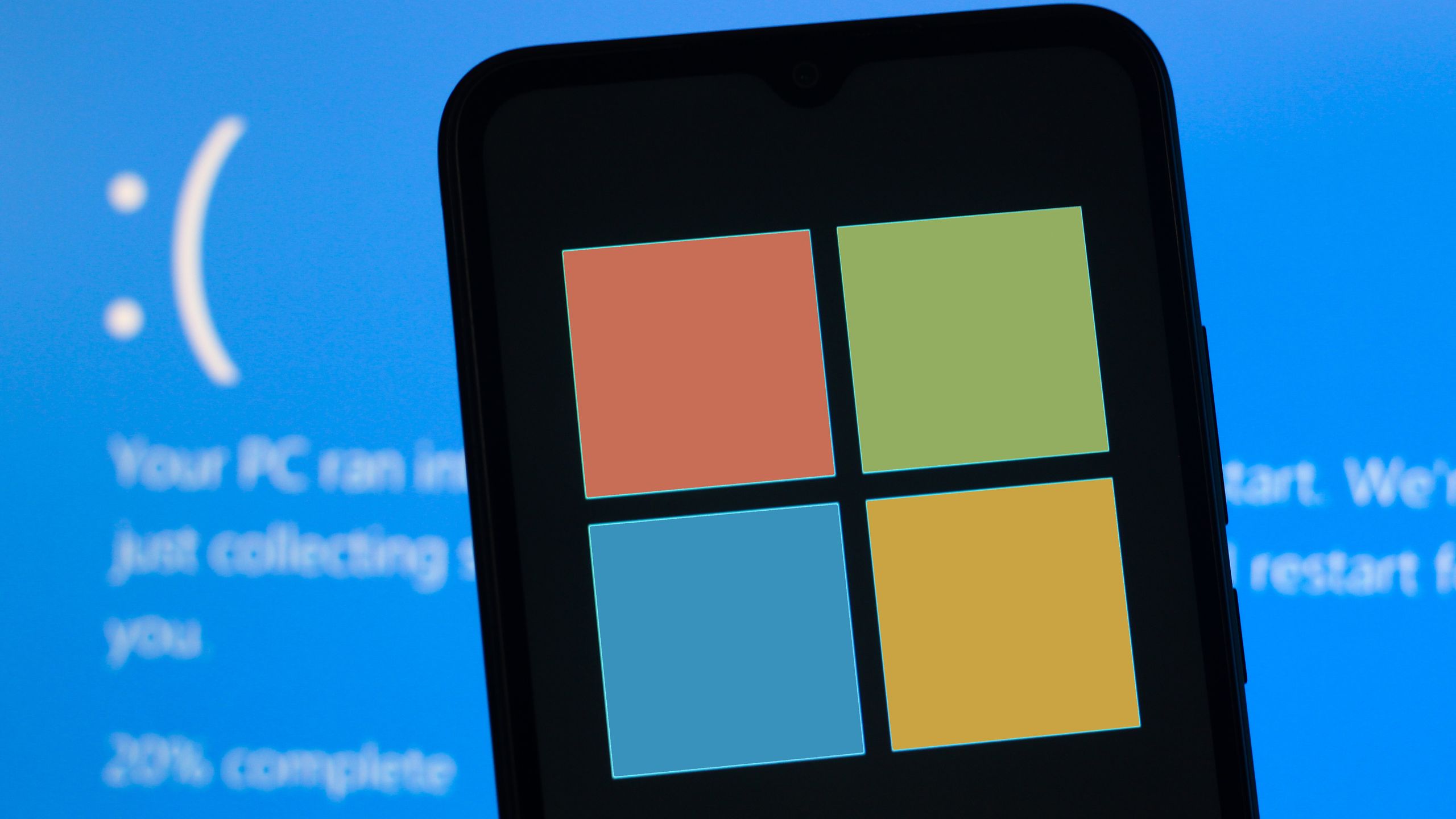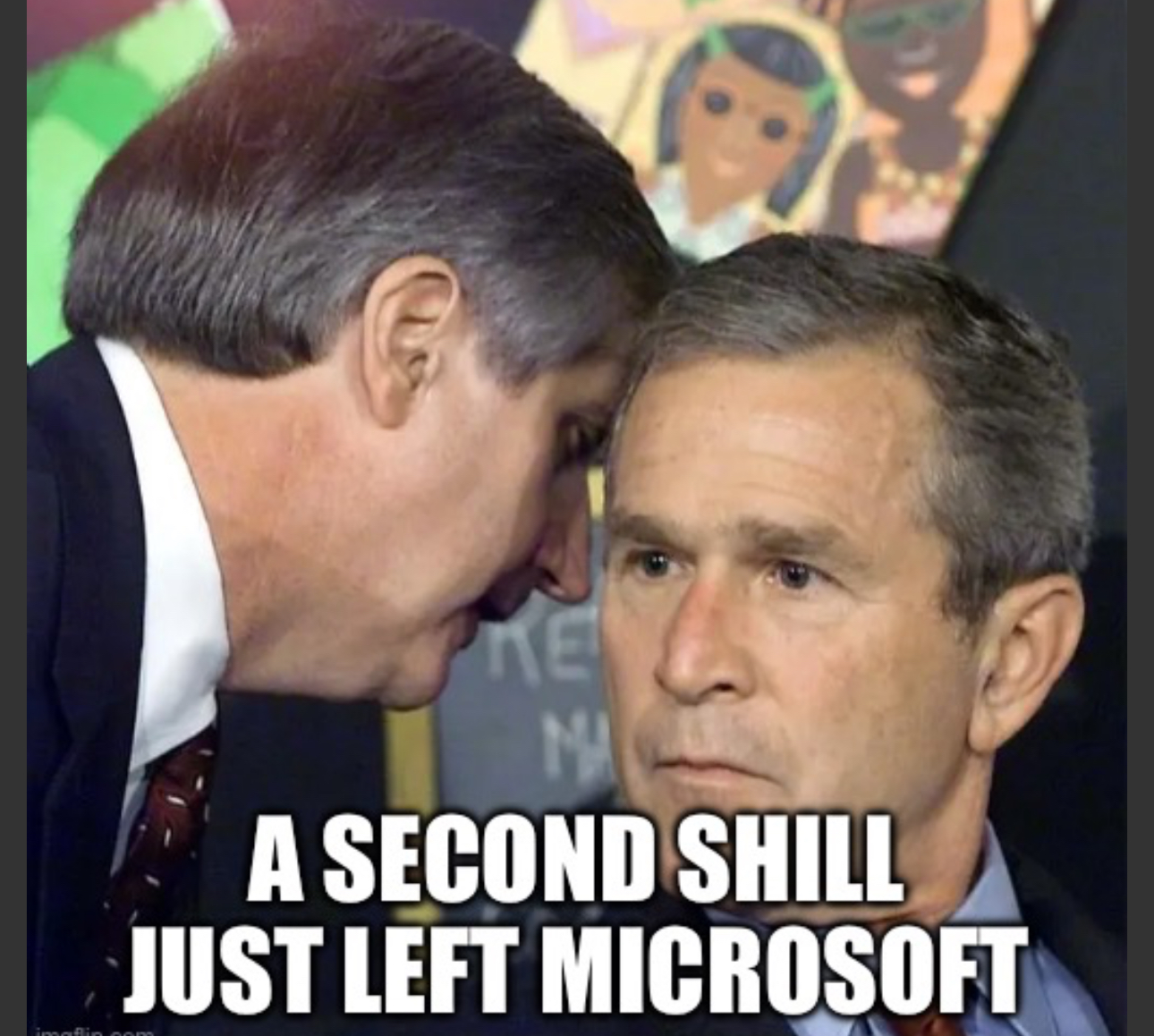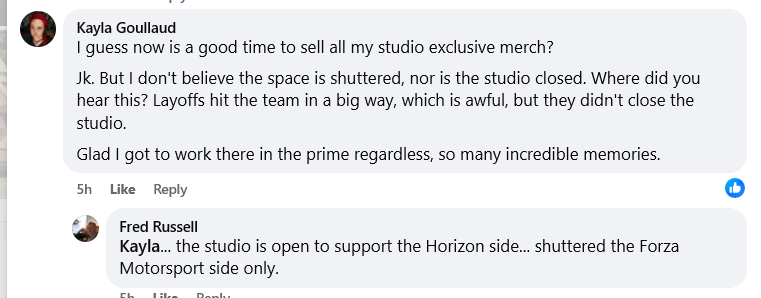M
Moridianae
is pretty warm. I'm not going to pretend to know the business rationalization that was used to decide which teams were cut or closed this week, but what I can tell you is that teams that had projects that are due in the short term were clearly having their potential layoffs mitigated as those ports and projects make their way out in the coming year. This is why you didn't really see folks at Coalition or Playground get affected all that much, although some of those teams are affected in ways that I might just dive into in another post down the line.
But like I have been saying - the layoffs aren't done. This is the 5th round of layoffs at the wider MS since Jan. 2024, and each round came not long before a major end to a fiscal quarter or year. Behind the scenes, an absolute truck-load of projects were cancelled this week that folks had no idea about, and many of those projects were things that were further out than 12-14 months, although some did have the prospect of launching sooner via early access or what have you. Suffice it to say, as long as the larger MS is navigating the waters of the very unstable AI market, they are going to be cutting into other sectors to try and shore up the risk in their very much over-leveraged AI stake, which means that in future quarters or End-of-Year fiscal reports, they are going to need more sacrifices. The only IPs that are in anyway safe are the big names, the billion-dollar IPs. The World of Warcrafts, the Minecrafts, the Call of Duties, the Forza Horizons, the Overwatches, the Elder Scrolls or Fallouts. Anything that doesn't fall into that sort of category, whether its an IP or a studio, is basically not going to be safe as long as MS is in this position.
Even if MS comes out the other end of their AI position, I personally feel that, long-term, Xbox was always intending to cut the fat as it were. They are a 3rd party publisher now. These are literally the sorts of moves you saw ABK do for over a decade before the purchase. This is what Ubisoft and EA have also done. Without a console they need to differentiate, there is no necessity to having these smaller projects or teams, never mind the fact that project management is their absolute worst trait at Microsoft. One of the first projects they canned after the ABK deal went through was the promising new IP survival game from Blizzard, despite in the late fall of 2023 SPencer doing this big show of having literally every new ABK team do a pitch for a new dream project.
MS is the type of corporate entity that is hyper aware of where the lionshare of revenue comes from in each of their core departments, and they know how to scale up & down based on what is the Minimum-Viable-Product (MVP) for each of these departments to still retain their profitability. So, for example - they aren't going to radically touch things like the CoD pipeline or Mojang, or the WoW team over at Blizzard. Even with something like Betheda Game Studios, as long as Fallout and Elder Scrolls can be the massive hits that they are with releases, then they will be left alone going forward.
This stands in contrast to say, 343i/Halo Studios. This is a team that has weathered multiple layoff rounds now in a very short amount of time, all while they were switching over to Unreal and trying to navigate a kind of insane development pipeline restructure that they needed to implement both because MS forced it on them and because the cuts necessitated it unless Halo dev cease to exist at this point. This management-death-by-a-thousand-cuts wouldn't be happening with Halo if Halo still had the market performance and impact that it had even when Halo 4 dropped.
It isn't a guinea pig like test though, because this is how Microsoft leadership has basically operated since the 90s. This is who they are at their core. They don't develop and deploy compelling products - they use capital they gained from another market to come into an established or growing market, buy out all competition which forces the remaining folks in said industry to work with them, reduce those competitive forces in the sector until theres barely anyone left who can offer a viable alternative, then basically crash out their position as the enormity of the financial stake they put in to do said maneuver catches up with them. You can literally look at how they've approached the tech market for 35+ years and observe this.
This was the primary concern folks had when Microsoft first entered gaming, because everyone at the time knew just how absolutely destructive Microsoft can be in a market segment or industry. And really, this sort of 'build-up/cut-down' cycle isn't even new for Xbox - a decade ago, we were weathering articles from Spencer about how they had to 'learn a lesson from the Lionhead closure', but even the height of the 360's growth in the first half of its lifecycle was driven primarily by 3rd party deals, whereas loads of teams they either founded or bought in the lead up were slowly axed and cut. This isn't new behavior for them, not just as a larger entity, but even at Xbox. Buying up talent to starve out their competitors to then cut those positions is literally the core business of Microsoft.








